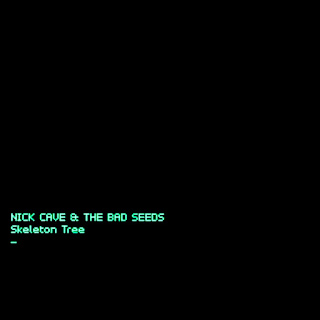 |
| Millions on the move |
And yet, a lot is happening on our doorstep. For starters, people in countries like Syria and Afghanistan are still fleeing for fear of their lives; these are, according to the UNHCR statistics, the countries where most refugees come from but by no means the only ones. Somalia, South Sudan and Eritrea are other countries that heavily 'export' refugees. But most of them, let's make this absolutely clear, do not come to Europe. The countries hosting most of the worldwide refugees and asylum seekers are Turkey, Pakistan, Lebanon and Iran. Let's dispel this myth because other countries (poorer and less prepared to deal with huge numbers of people) are bearing the brunt, not Europe neither any other Western country.
 |
| Where most refugees go |
In other words, over 60 million people are roaming the world, far from home and with little or no access to the basic conditions that the Human Rights chart establishes (food, shelter, education, health...).
If that weren't enough to make us think AND act, Europe is now witnessing a situation that takes us back to the dark times of last century's Germany. Like then, we know people are dying, not in concentration camps but in European shores and also at sea. We know it, our politicians know it, our media of course know it.
The deeply shameful and flawed European Union-Turkey agreement of last March is just an example of how the Europeans (I mean the States, not necessarily their people) have privileged their interests over people's safety.
Returning asylum-seekers to Turkey (a country whose human rights records has been consistently criticised by NGOs and other Human Rights organisations) in exchange for an extra financial support of €3 million to Turkey is something future generations will hold us accountable for. Simply put, this is moral bankruptcy of the highest order.
But things can -and indeed do- get worse because the Mediterranean has become a floating graveyard, where thousands of humans have found their deaths on their escape from poverty, war or persecution. According to the Missing Migrants account, more than 3,700 people have died or have gone missing this year so far. These numbers speak for themselves, really.
In the middle of this we find, however, some good news thanks to all the people who have chosen to do what the governments don't. Many volunteers and aid workers are adding their bit through their unsung commitment, literally rescuing people from a very likely death. MSF, Open Arms, Save the Children and others are there on the ground helping people and bringing some dignity to a continent that is becoming more and more passive.






